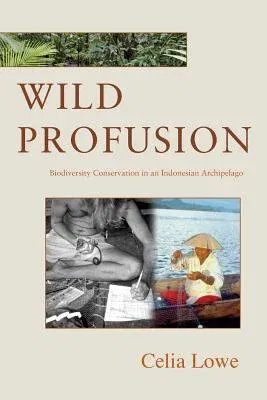Wild Profusion tells the fascinating story of biodiversity
conservation in Indonesia in the decade culminating in the great fires
of 1997-98--a time when the country's environment became a point of
concern for social and environmental activists, scientists, and the many
fishermen and farmers nationwide who suffered from degraded environments
and faced accusations that they were destroying nature. Celia Lowe
argues that biodiversity, in 1990s Indonesia, implied a particular
convergence of nature, nation, science, and identity that made
Indonesians' mapping of the concept distinct within transnational
practices of nature conservation at the time.
Lowe recounts the efforts of Indonesian biologists to document the
species of the Togean Islands, to "develop" Togean people, and to turn
this archipelago off the coast of Sulawesi into a national park.
Indonesian scientists aspired to a conservation biology that was both
internationally recognizable and politically effective in the Indonesian
context. Simultaneously, Lowe describes the experiences of Togean Sama
people who had their own understandings of nature and nation. To place
Sama and scientist into the same conceptual frame, Lowe studies Sama
ideas in the context of transnational thought rather than local
knowledge.
In tracking the practice of conservation biology in a postcolonial
setting, Wild Profusion explores what in nature can count as important
and for whom.

